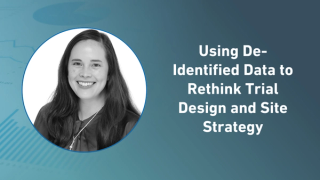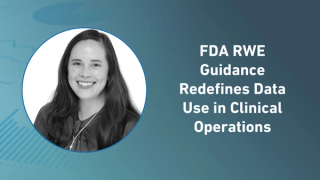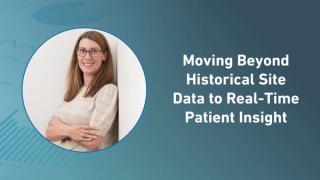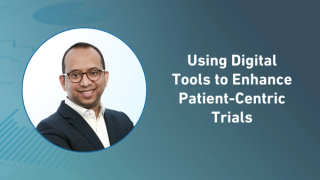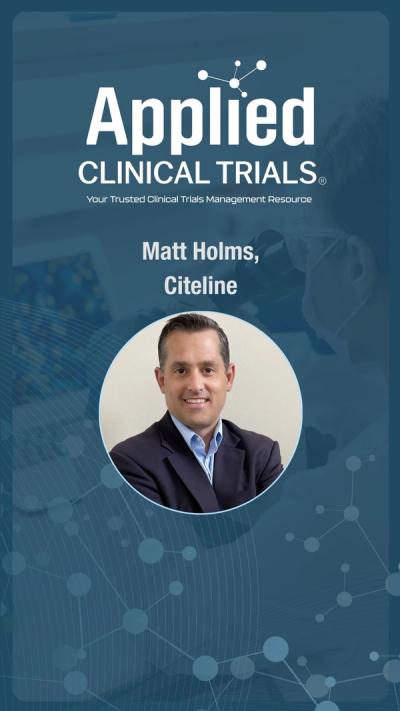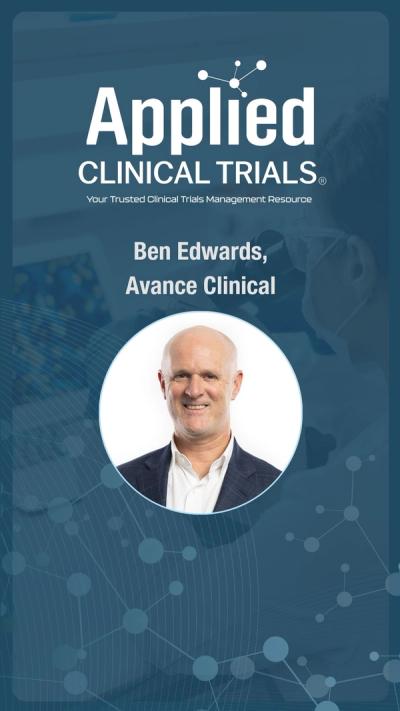
Data Management
Latest News

Latest Videos

Shorts
More News

The clinical trial ecosystem is entering a phase of consolidation and reinvention driven by the collapse of boundaries between functions, data, and even companies themselves.

Persistent delays and inefficiencies in COA licensing and translation stem from limited pre-license access and fragmented processes, making a strong case for providing outcome assessment measures earlier to reduce risk and accelerate trial start-up.

Unclear boundaries between investigator-controlled and sponsor-managed data in IRT systems are creating avoidable compliance risk, particularly around investigational product inventory and quality actions.

Only with recent advances in cloud computing, data standards, and interoperable platforms has it become feasible to realize the full potential of a digital thread.

New research finds that while eSource adoption is advancing through EHR-to-EDC workflows, scaling its impact will depend on integrating unstructured clinical data using AI, shared standards, and collaborative validation models across sites, sponsors, and vendors.

Strong relational governance between technology vendors and sponsor–CRO teams is becoming a critical foundation for eCOA trial success, enabling faster study launches, clearer communication, proactive issue management, and sustained quality across entire trial portfolios.

AI-driven discovery, EHR-based real-world evidence, and synthetic patient modeling are rapidly reshaping drug repurposing, reducing development timelines, expanding therapeutic applications, and accelerating regulatory acceptance of computational approaches.

Emerging applications of AI/ML, automation, and digitization are helping sponsors cut clinical trial start-up times to as little as four weeks, reduce data errors, and enhance patient engagement—demonstrating how tech-enabled processes are reshaping trial efficiency and experience across the study lifecycle.

Webinar Date/Time: Wednesday, December 10th, 2025 at 11am EST | 8am PST | 4pm GMT | 5pm CET

Leveraging real-world data and AI-driven insights in clinical trial planning can reduce enrollment failures, improve retention, and prevent costly rescue studies by providing a more accurate view of patient populations and site feasibility.
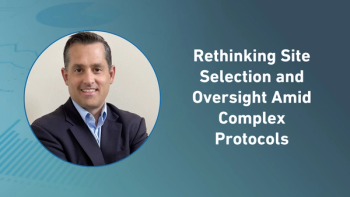
Gain insight into why sponsors are taking a larger role in site selection and CRO oversight using robust data to validate feasibility before launch.

Novel trial designs are reshaping clinical development by improving efficiency, reducing redundancies, and accelerating timelines toward a new era of precision medicine.
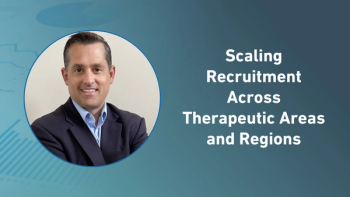
Discover why strategies must vary by indication and geography and how data-driven matching with supported referrals can outperform site expansion and generic advertising.
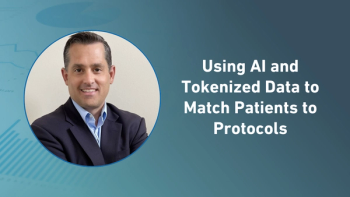
Understand how combining proprietary and real-world datasets with tokenization enables accurate protocol matching while maintaining privacy and compliance.
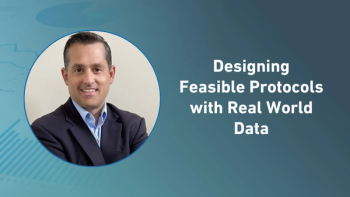
Learn how incorporating real-world data at study design can improve feasibility, reduce amendments, and align eligibility with findable patients across geographies.

In a decentralized, digitally enabled clinical trial environment, conventional approaches to data analysis are evolving as sponsors utilize technological tools in new ways to ensure compliance with global standards, mitigate risk, and bring life-changing therapies to patients faster.

In this episode of the ACT Podcast, Jeneen Donadeo, executive director of portfolio management at TransCelerate, and Laura Galuchie, senior director and TransCelerate program lead at Merck, discuss the findings from a recent TransCelerate and Tufts CSDD study revealing that nearly one-third of data collected in Phase III trials is non-essential. They explore why trial complexity continues to grow despite industry efforts toward efficiency and share strategies for reducing data burden while maintaining compliance.
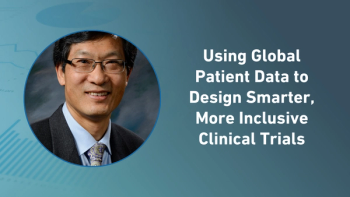
Exploring how large-scale patient databases and AI analytics can accelerate site activation, strengthen recruitment, and improve trial design from the start.

As decentralized and hybrid trial models expand, eConsent is emerging as a critical tool for improving participant understanding, reducing site burden, and strengthening data integrity through digital automation, accessibility, and regulatory compliance.

How a unified approach to clinical data management, powered by artificial intelligence and advanced analytics, can elevate clinical trial monitoring and redefine how teams assess, act on and learn from data.

Learn how early regulatory engagement, validated digital systems, and robust protocol design enable biotechs to run parallel studies without compromising compliance or data integrity.
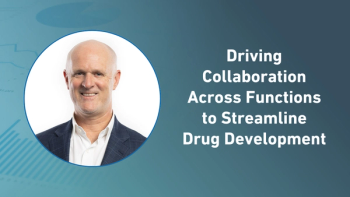
See how integrated teams, data visualization, and full-service coordination between clinical, regulatory, and commercial functions can accelerate decision-making and development speed.

Advancing toward more meaningful use of PRO data by making it systematic, transparent, and built into trial design.
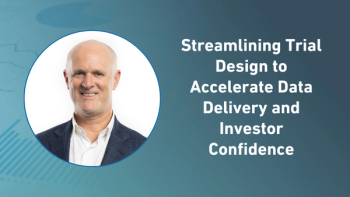
Understand how intelligent study design, focused data collection, and faster analytics can help clinical teams deliver meaningful results that sustain investor momentum.

Uncover how improving data accuracy and leveraging synthetic control arms can optimize trial efficiency, reduce costs, and generate stronger real-world insights.








